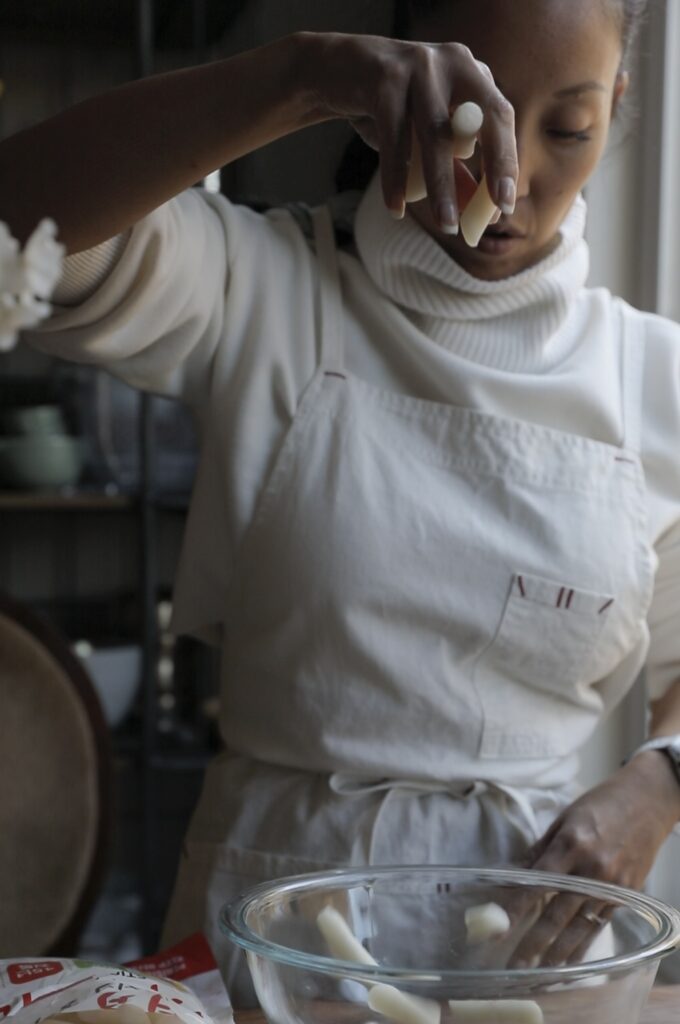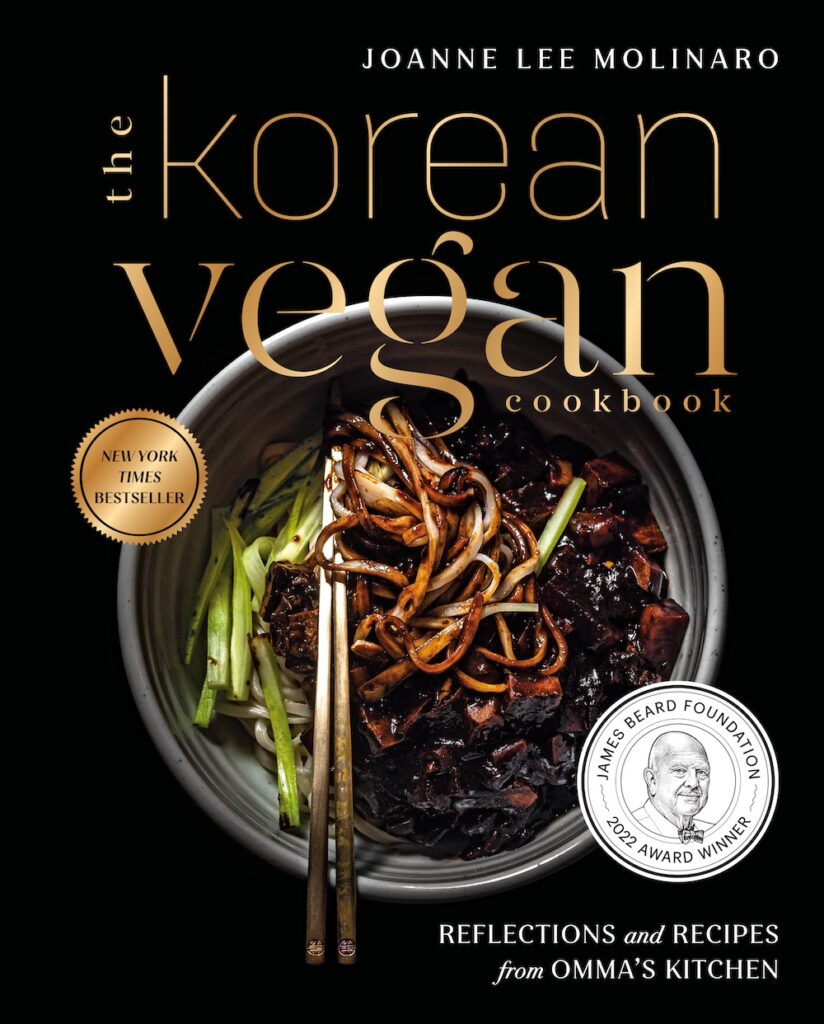Leadership and Toxic Egos.


Read Ep. 24 | Show Notes
Subscribe Below to Receive the TKV Newsletter in Your Inbox
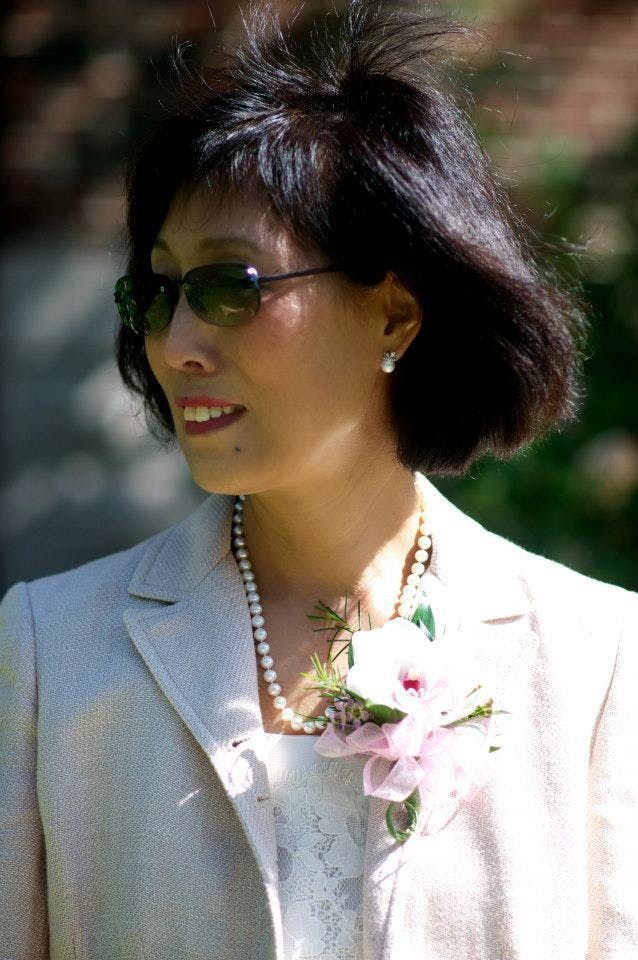
I’ve been thinking a lot about the importance of leadership and what it means. I’ve also been pondering whether everyone should even aspire to be a leader. Maybe leadership isn’t for everyone. Some people are simply happy to follow. And that’s ok.
I thought it might be useful to see what certain titans of industry, politics, and culture have said about leadership:
“Innovation distinguishes between a leader and a follower.” -Steve Jobs
“If your actions inspire others to dream more, learn more, do more, and become more, you are a leader.” -John Quincy Adams
“Leadership is about making others better as a result of your presence and making sure that impact lasts in your absence.” -Sheryl Sandberg
“It is better to lead from behind and to put others in front, especially when you celebrate victory when nice things occur. You take the front line when there is danger. Then people will appreciate your leadership.” -Nelson Mandela
“The most effective way to do it is to do it!” -Amelia Earhart
The Biggest Leader in My Life.
Undoubtedly, the most powerful leader in my life is my mother.
I don’t know whether Omma was a “born leader.” I get the sense that she’s always been “bossy,” for sure, so perhaps it’s built into her core programming. I do know, however, that in her family–i.e., among her parents and siblings–she was the one who called the shots. As I’ve talked about before, Omma’s assumption of her role in the family was a little unusual. She was not a boy and she was not the oldest of her siblings. But, when her mother began to suffer multiple miscarriages that threatened her life in pursuit of a son, Omma declared to her parents,
“I’ll be your son.”
From that moment on, Omma forged ahead and pursued avenues that might have appeared “risky.” Instead of working at the underwear factory during high school, which would have earned her family immediate and badly needed cash, she stayed in school (with the help of a generous American benefactor). Instead of getting a job right after graduation (again, to assist with her family’s financial situation), she chose to go to nursing school, at the encouragement of one of her teachers. Instead of staying in Korea with a job she’d already secured, she spent every penny of what she saved for over two years ($800), bought a plane ticket to the United States, rented a crappy apartment in Chicago, and studied to pass the Boards in America. And, instead of going home when she failed to pass those Boards, she heeded the wisdom of both her father and a fairy godmother on Lake Shore Drive and decided to give it another go.
When she got a job at Swedish Covenant Hospital, she was able to secure her visa, which ultimately turned into a green card and full citizenship. On the back of her status, she was able to sponsor my father, grandfather, both my grandmothers, my aunt, and uncle–all of whom came to live with us in our Skokie house for a bit (or even longer), until they were able to get their footing on American soil and build lives and families of their own.
I’m reminded, now, of another quote on leadership. This one is by Ralph Waldo Emerson:
“Do not follow where the path may lead. Go instead where there is no path and leave a trail.”
Leadership at Work.
Omma quickly rose up the ranks at the hospital. By the time I was in junior high, she was the Director of the most stressful, terrifying department at Swedish: the Emergency Department. Sometimes, she would come home and tell me about arguments she got into at work–with patients, doctors, and fellow nurses. She routinely spent evenings poring over a grid filled in with the names of every single nurse who worked in the ER, until she mapped out their weekly schedules. And when the hospital was due for inspection, what she called “Joint Commission,” she would stay up all night at the kitchen table, pencil in hand (no one used laptops back then). It was a given that she would come home late for days. And then, finally, when the ER passed with flying colors, she’d walk through the front door, smelling of disinfectants and ammonia, but carrying the crackling aplomb of achievement.
The worst part? As the “boss,” if someone ever flaked or called in sick or took an unscheduled “personal day,” it was usually my mom who ended up having to change into her uniform and head to work. By the time I was a teenager, when I saw the hospital’s number on the caller ID, I often had to refrain from lashing out at whomever was on the other end of the line. Once, I did speak my mind: “My mom isn’t scheduled to work today,” I stated, with not an insignificant amount of “attitude.” Omma did NOT like that.
When my mother retired, after nearly 40 years as a nurse, she knew all the physicians, all the nurses, all the staff, even the custodial crew, by name. The room at her retirement party was standing room only. Dr. Lauth, the physician she worked with most frequently, gave a short speech, one that she interrupted about 5 times when he was unable to remember this or that factoid about the department she’d served for so many years.
In some ways, hers was a strange, unforeseen, but extraordinary path. She was never supposed to have been the one that graduated with a degree, came to America, and became a boss lady. But in other ways, it was as if this was the path she was meant to take all along. Or, put another way, it was the path that Sunny chose, not always because she wanted to, but because she felt she had to.
And what was it that compelled her so?
Her patients. Her colleagues.
Her family.
In Suffering, We Discover Who We Are.
My mother’s leadership was never more powerfully demonstrated than when my grandmother, her mother, grew ill.
Hahlmuhnee had a long history with diabetes, complications of which required her to take intense levels of steroids. By the time she was in her 80s, her liver began to fail. Every Saturday, rain or shine, Omma gathered up the entire family–my father, brother, aunts, uncle, and cousins–and we’d caravan out of the suburbs and into the parking lot of the Korean run nursing home my grandmother moved into when she could no longer take care of herself.
Omma always brought with her a box of fruit, or cookies, or rice cakes, things that my grandmother could share with her roommate or distribute to the nurses who took care of them. Hahlmuhnee loved making new friends, playing BINGO, or quietly bragging about her daughter, the nurse, her granddaughter, the lawyer, to anyone who would listen. It was hard for me, though, to see her living in those quarters. I’m sure my parents did the best they could, but it wasn’t The Four Seasons in there. The floors were hard linoleum, the beds were clearly hand-me-downs that had seen better days, and some of the staff were…to put it mildly, unprofessional.
I’ve often heard people say that taking care of elderly parents is one of the most excruciating chapters of one’s life. I can hardly imagine how painful it was for my mother to witness my grandmother’s decline. Omma always described Hahlmuhnee as ferocious, almost frightening, her toughness and physicality always attributes that were both revered and, to be honest, feared. In many ways, it was my grandmother’s mettle that allowed my mother’s family to survive those early years during the War, when food was scarce and survival anything but a foregone conclusion.
Omma always told me that grandma liked to throw things at her children–a nearby shoe, a clothes hanger, a piece of food–especially when they asked her for money. My mom would joke, “always duck right after asking your grandma for cash!” It was hard for me to reconcile my cuddly little hahlmuhnee with this somewhat abusive figure in my mother’s life, but then, I remembered the time my grandmother chased me around the dining table with a mallet when I refused to brush my teeth.
Leadership, in Grief.
Omma showed up every weekend to see Hahlmuhnee and often dropped in after work by herself on the weekdays. She’d press her cool hands against Grandma’s walnut face to let her know she was there, and Hahlmuhnee would reach up and wrap her fingers around my mother’s. Omma always had a smile for her, and a catalogue of fresh jokes or stories designed to get Hahlmuhnee to laugh.
My grandmother slipped in and out of a coma during her last few weeks. Between her medication and encephalitis, she was almost never fully with us. Rather, she was often caught inside of a dream or, worse, the nightmares that seemed to come to life. She sometimes wept when my mother came to see her, begging her to remove the men who lurked inside her bathroom, waiting to kill her.
She pawed at the bedsheets, as if she were digging a groove in the soil to plant seeds, something I’d seen her do countless times in our backyard. She’d find my mother’s hands, latch onto them, and murmur,
“Sunbee, the persimmons are so large! They are so large and look so sweet!” And I knew, that she was back in Korea, seeing the huge persimmon trees that used to dot the landscape of her home.
In all those years, I only saw my mother cry once, when I asked her to translate a poem I’d written for Hahlmuhee into Korean. She was sitting at the dining table, still in her pale pink nightgown, a cup of tea next to her. I handed her a sheet of paper with my words. Her face remained expressionless, smooth. And then, her mouth parted and a small sob escaped. It was like she’d suddenly unlocked a door, one that had been shut for years. Out of it came the stale smell of grief, exhaustion, and despair, but before it grew too heady for me to bear, the door slammed shut once more. Omma put her head down and asked me to grab her a pen, so she could begin translating my poem.
In looking back at my mother’s story, it becomes clear that her choices were so often motivated by love. She loved her mother and thus volunteered to be a son. She loved her family and therefore invested in a career that would allow them to escape poverty once and for all. She loved her children and as a result, even if it meant that she couldn’t always be as present as she might have wanted to be, she worked her job to her capacity in order to ensure that her kids never had to know the kind of deprivation that she experienced.
Leadership doesn’t always need to be flashy or transformative. You don’t need to think out of the box, to come up with some big innovation that will make or save a million dollars, or bully people into doing things that they don’t want to do. In fact, what I found so powerful about my mother’s brand of leadership was how selfless it was. There was very little ego involved in her choices. She didn’t lead for self-advancement. She led out of service to those she cherished, to ensure their safety, above all things, and, in the case of my grandmother, her dignity. Whatever doubts she had on her path–and she definitely had some big ones–it was always her devotion that propelled her out of her comfort zone, even when it grew rather lonely at the helm.
True: leadership can’t exist without followers; but, leaders are often built when no one’s watching.
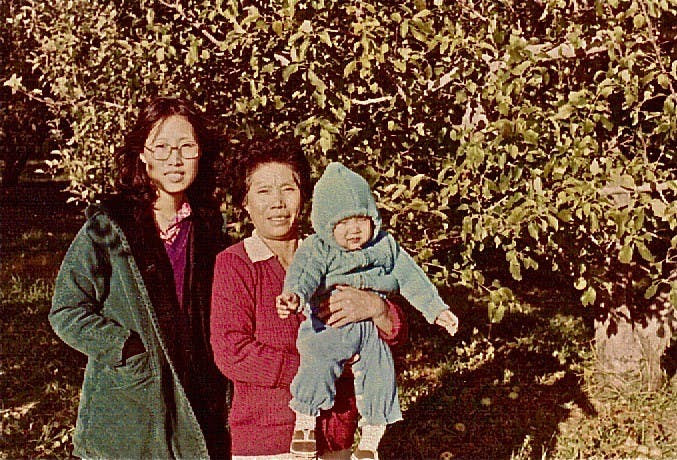
Ask Joanne
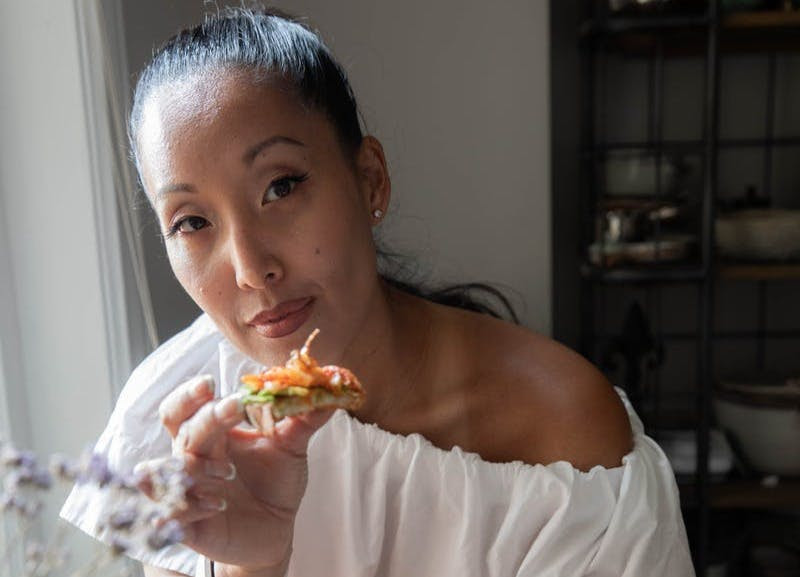
Hi Joanne, I would like to ask, when it comes to burnout how do you deal with it when someone you love dismisses your venting, if you don’t want to cut them out of your life? -Avantika
Avantika,
Everyone vents. And I mean everyone. It is a universally deployed tool for stress relief, a socially accepted form of vulnerability, and, as such, can be an opportunity for bonding. Therefore, when someone dismisses your “vent,” they are not just dismissing the things you’re saying, they’re also, in some way, declining the invitation to be emotionally intimate with you. Now, emotional intimacy doesn’t necessarily mean you’re in love or now BFFs. Emotional intimacy simply refers to the idea that you’re letting someone get a peek (or maybe more) behind the curtain that typically safeguards your feelings. When someone refuses to take a look after you’ve gone out on a limb to reveal yourself in that way, it can be hurtful. It can, in fact, feel like a rejection of you.
Depending on the kind of relationship you have with the “dismisser”–which sounds fairly close, since you don’t want to cut them out of your life–I think the first thing you should try is to be honest with them. “Hey, I know I’m just venting right now, but I really need someone to listen. It seems you’re kind of preoccupied, though. When would be a good time for us to schedule a venting sesh?” Something like this gives them the space to say “not right now,” while also communicating that you hope they’ll join you at some point in the future.
The other thing to consider, Avantika, is how often you vent to them. While venting can be a great way to let off steam, sometimes too much steam can harm a person! For instance, I have to be somewhat mindful of how often I confide in my husband. Anthony is, generally speaking, a very positive, optimistic person. I, on the other hand, can be a little mercurial and moody. I am saddled with a lot of self-criticism, which manifests in anxious flashes of pessimism and negativity. I know that if I spout off every time I get upset or start to feel like “the world is conspiring against me” (a phrase I laid on him this very morning), it will inevitably impact his own mood, sometimes for the rest of the day. Why? Because he loves me and it’s hard for him to watch me struggle.
Good friendship isn’t defined by your ability to just say whatever whenever however you want. It’s about respecting the boundaries that make you you and make them them. And sometimes, those boundaries require you to give them a break. Go vent to your diary, another good friend, a close sibling, or even your dog! There’s a wonderful episode of Frasier (one of our favorite TV shows) where Frasier unloads on his father’s dog, Eddy, in order to alleviate his back pain (caused by stress). I often used to take Rudy out for a longer walk while listing out all the things that were making me unhappy or anxious, and it honestly made me feel better every time.
Finally, though, if this person fails to meet you halfway, even after you’ve tried to be mindful of their space and time, it’s probably a good idea to re-evaluate the contours of your relationship. Some people are just not capable of being as emotionally available as you desire. They may be grappling with their own anxiety or even trauma, which prevents them from being as engaged with you as you’d like. That doesn’t mean you have to cut them off, but it may mean you elect to step back for a while. Putting yourself out there only to be rejected needlessly subjects you to repeated injury and over time, that injury will generate resentment, which can then turn into bitterness. Resentment and bitterness can destroy friendships. So, pull back and invest your emotional energy elsewhere–in someone who does have the maturity to meet you where you are. You’re not betraying anyone or being a bad “friend” by doing this. You’re just looking out for yourself and preventing the relationship from turning toxic, with the hope that one day it will be the kind of friendship that you’ve always wanted it to be.
Wising you all the best.
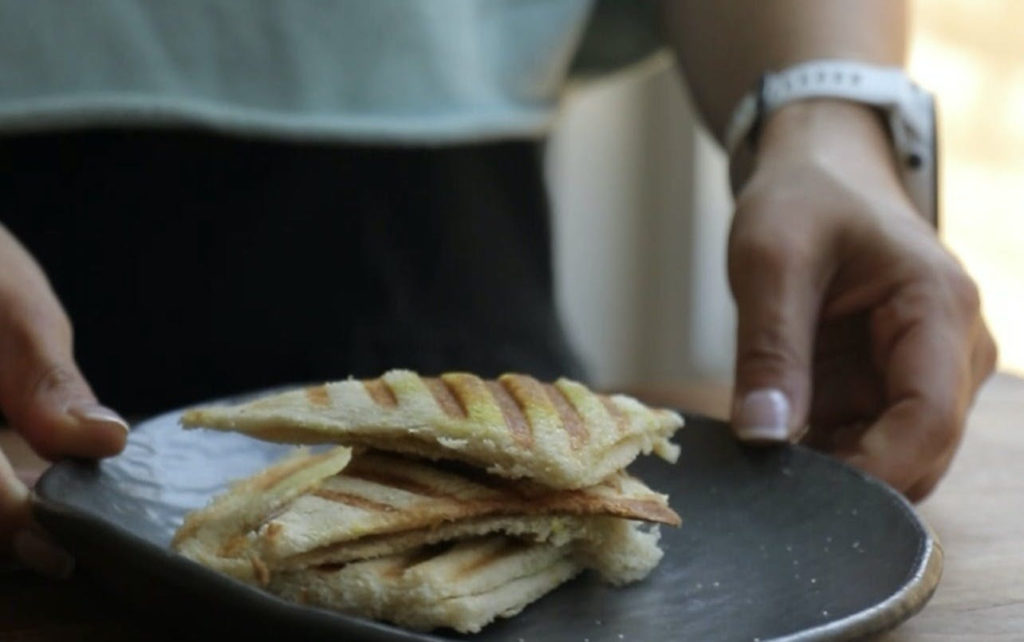
Updates/Random Things.
- What I’m Watching: Ok, y’all. I finished Westworld–all four seasons of it. It was very good, and then not as good, and then a little confusing, but still entertaining. In sum, the first two seasons were excellent. The last two seasons were barely good enough to keep me sticking around. I am, however, hoping for the promised fifth and final season. I was also inspired to re-watch an episode of Doctor Who—the one featuring Vincent Van Gogh. The writing includes one of my most favorite quotes about art: “He transformed the pain of his tormented life into ecstatic beauty. Pain is easy to portray, but to use your passion and pain to portray the ecstasy and joy and magnificence of our world, no one had ever done it before. Perhaps no one ever will again.” I was so enthralled by this episode that I actually went out and bought a biography of the artist!
- Signed Copies of The Korean Vegan Cookbook: Last week saw the 1-year anniversary of The Korean Vegan Cookbook! I can’t believe it’s been a full year since the book was published–it feels like just yesterday! This past weekend, I went into Now Serving LA–a bookstore that features only cookbooks–and signed their entire stock. If you’re interested in getting a head start on your holiday shopping, you can order your signed copy here for delivery!
- What I’m Cooking: In case you missed it, I added this delicious Indian style potato stuffed toast to the #30DayToastChallenge! I’ve also added it, together with a bunch more recipes, to The Korean Vegan Meal Planner!
Parting Thoughts.
The other day, I wrote in my journal that the real thief of my joy has been ego.
Don’t get me wrong–ego can be a powerful driver of purpose and fulfillment. Indeed, empowerment, one of the core values of The Korean Vegan, is all about discovering the vast reservoir of agency that we carry inside us, often times, without knowing it, much less using it. I’m talking about the other side of ego–the one that gets in the way, strategically places mines that will detonate when you can least afford a setback. This other side to ego foments jealousy and envy, entitlement, and resentment. Too often, we think that “ego” is susceptible only to inflation, but a toxic ego can also lead to imposter syndrome, crippling insecurity, and the inability to truly know one’s worth.
I’ve been working a lot on challenging the instinct to define myself based upon external metrics. It’s not easy to do when your business depends upon views, clicks, and likes, and, your business is essentially you. I have to remind myself that Joanne exists outside of what I build, how much money I have in the bank, and the followers I have on Instagram. I think this same exercise can be useful no matter what you do. Remind yourself that there’s a you that exists outside of your job, parenthood, being a spouse or partner, etc.
But then, the inevitable question arises: who is that person?
I was surprised to discover that I didn’t have a ready answer to this question. When stripped of all third party signifiers of value, I realized that I didn’t really know who I was.
In an effort to streamline some of my internal monologue and, to be quite honest, relieve some stress, I downloaded this app that encourages you to journal via voice note everyday. It is a vastly different experience than writing down one’s thoughts, and I’ve found that listening to my own voice talk about some of the struggles of each day has allowed me to become much more acquainted with this Joanne that no one else ever gets to see. And I dunno–it’s sort of like meeting up with an old, old friend, one that I haven’t seen in decades. But one thing it taught me, almost instantly, is that this investigation of who I am cannot conclude with just answering the question “Who are you?” Rather, at the end of each day, I must ask,
“Do you like who you are?”
To my surprise and somewhat relief, I’m finding that I do.
And there’s something incredibly comforting about this–knowing that I’ll always have my own back, even if no one else does.
– Joanne


